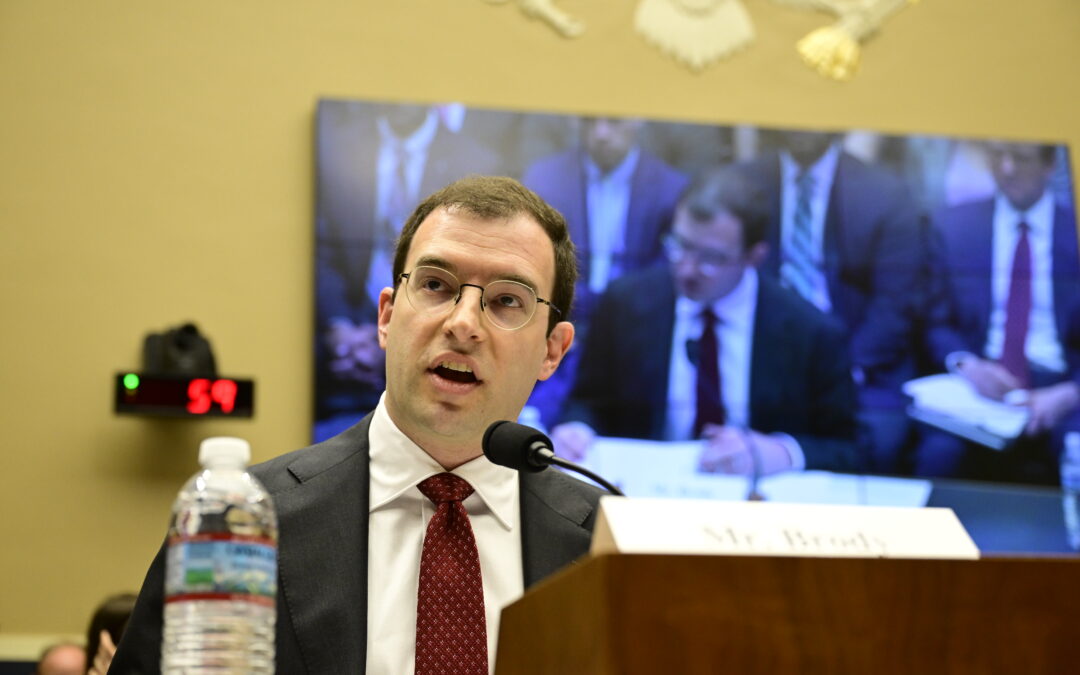WASHINGTON—In testimony today before the U.S. House Committee on Energy and Commerce Innovation, Data and Commerce Subcommittee, David Brody, managing attorney of the Digital Justice Initiative at the Lawyers’ Committee for Civil Rights Under Law, underscored the need for a federal comprehensive privacy law that includes anti-discrimination protections, data minimization requirements, and robust enforcement including a private right of action.
The Lawyers’ Committee is the foremost leader addressing threats and issues that are arising at the intersection of racial justice, civil rights, and the rapidly emerging technology of AI. It recently released the Online Civil Rights Act AI model legislation which was endorsed by the NAACP, the National Urban League, the National Council of Negro Women, the National Coalition on Black Civic Participation, the National Action Network, and many other civil society organizations.
Below are excerpts from the testimony:
“We care about privacy because it ensures that who we are cannot be used against us unfairly. That is why privacy rights are civil rights.”
“But our nation lacks a strong federal privacy standard, so online, our identities and behaviors are used against us. Data about Black communities and other historically marginalized communities often reflects the history of inequality and segregation in this country. That data is collected by technology companies, fed into algorithms, and used to make decisions affecting the lives of the people in those communities. Too often this data is used to deny equal opportunities and freedoms.”
“This dynamic is deeply contrary to cornerstone principles and promises of equal access and a level playing field for everyone. Without strong privacy and online civil rights protections, discrimination will continue to infect the digital marketplace.”
“Millions in this nation—disproportionately Black people and other people of color—currently face severe and ongoing harms from the invasion of their privacy, including discrimination, stalking, fraud, and other exploitative data practices. Those individuals, and this Congress, cannot afford to wait.”
“Today, advanced technologies have created both new opportunities and new forms of insidious discrimination. The internet is not coded on a blank slate. The future of equal opportunity depends on whether we prevent the data-driven economy of the 21st century from replicating the mistakes of the past. The promise of the internet, and the democratic aspirations imbued in its creation, depend on it. It is time for Congress to act.”
###


